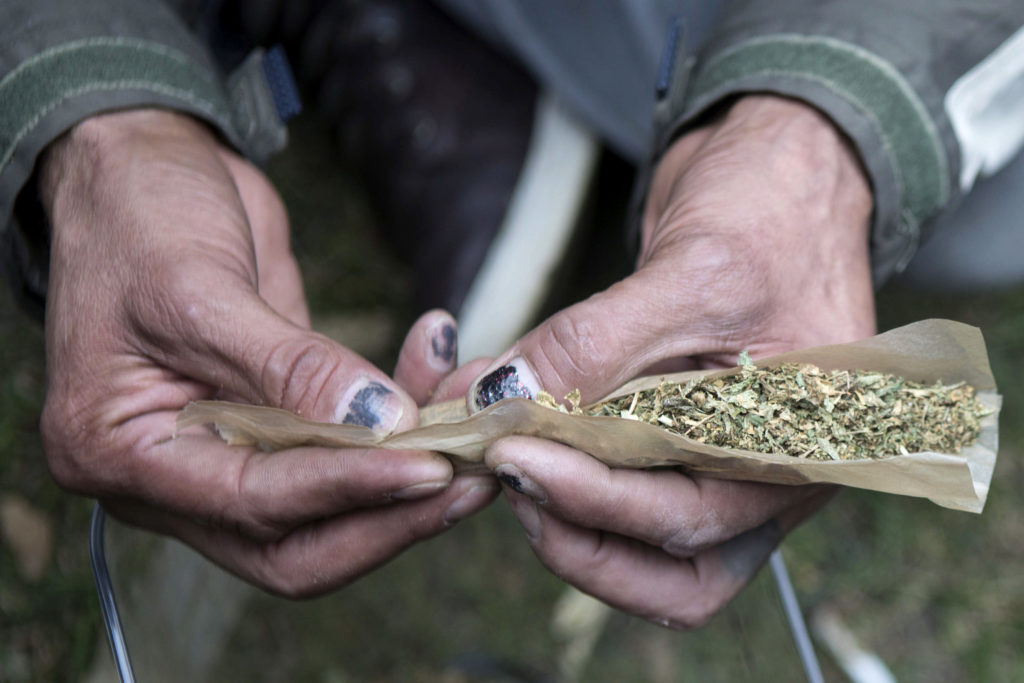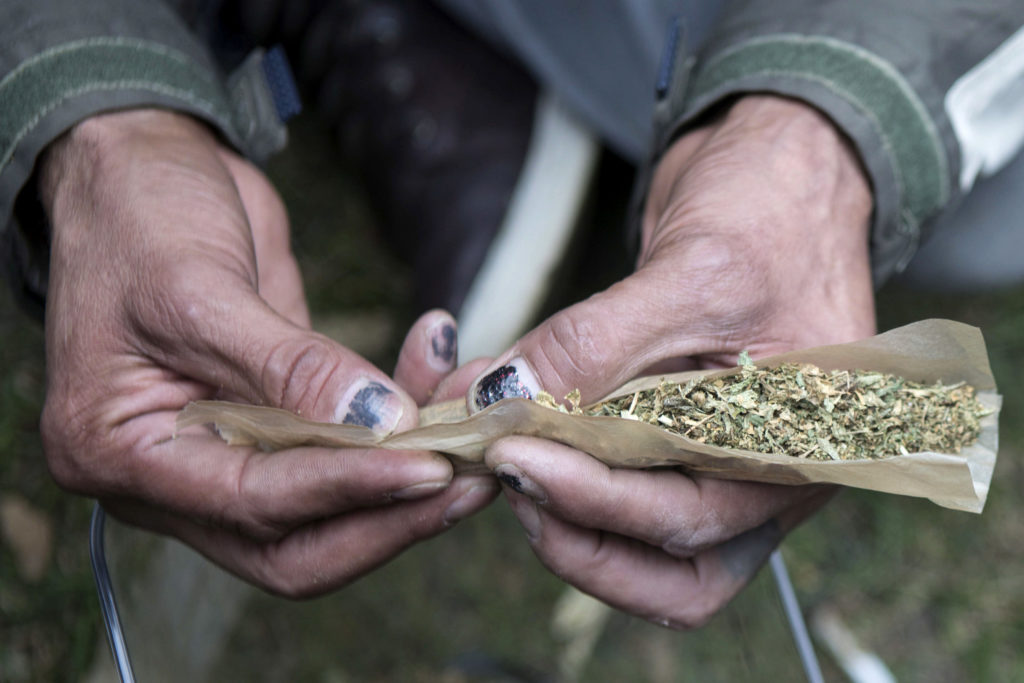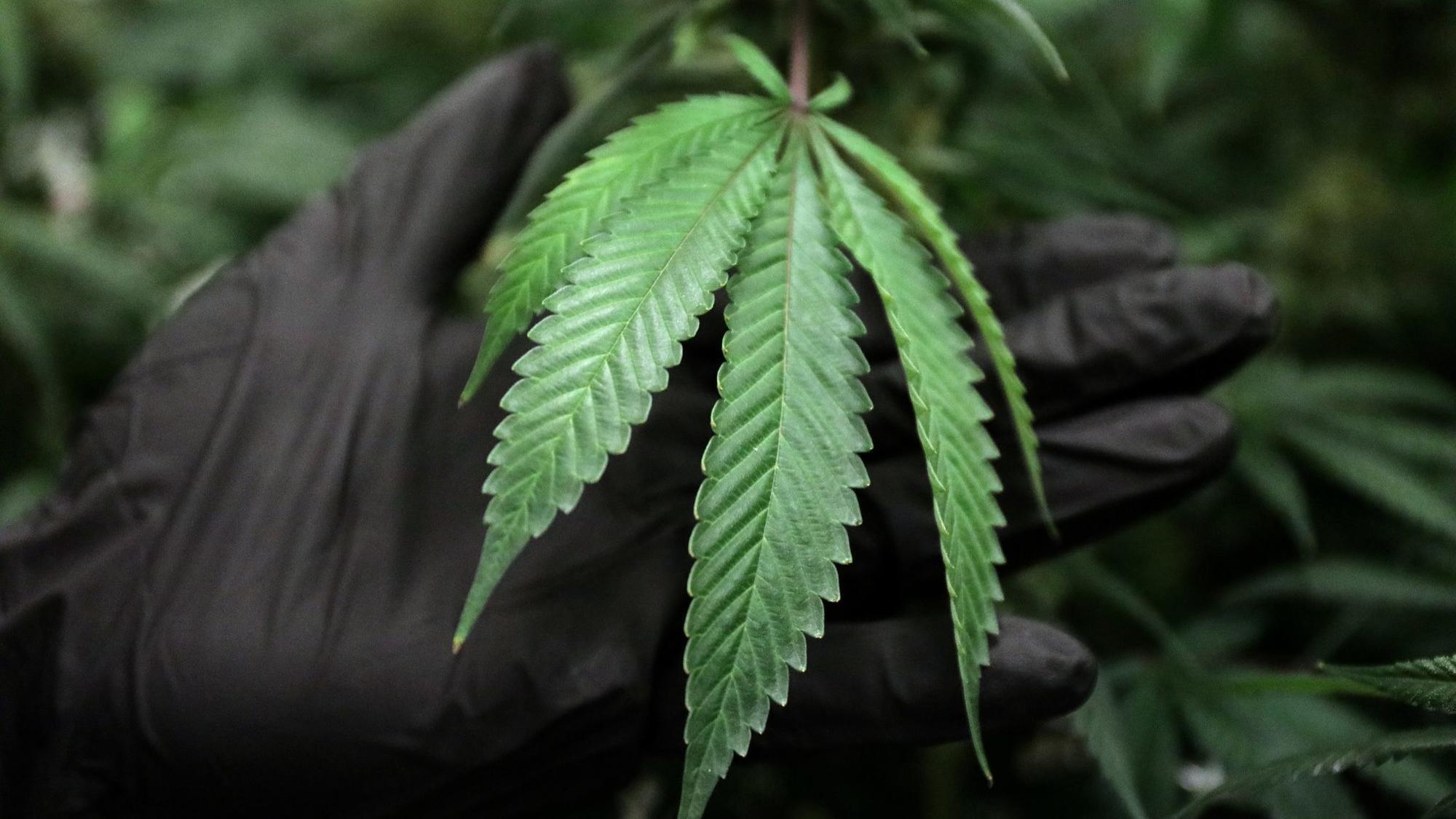By, Gene Johnson
SEATTLE (AP) — More than two dozen countries have relaxed their cannabis or other drug laws, and a number could consider legalizing in the not-too-distant future.
The South American nation of Uruguay was first to legalize marijuana in 2013. Canada became the second on Oct. 17, 2018, and its size and global standing likely will encourage others to follow. Here’s a look at other nations that could be influenced by Canada’s legalization:
New Zealand
The government announced in late 2017 that medical cannabis would be allowed, and the country is due to hold a national referendum by 2020 on whether to legalize and regulate adult-use marijuana. The exact language and scope of the referendum question remain unclear.
“That they’ve agreed to have a referendum shows how far the debate has come in New Zealand,” said Steve Rolles, a senior policy analyst at Transform, a global drug law reform organization based in England. “And the fact they have a model in Canada — a country they have good relations with, that they’re quite similar to culturally — can only help the reform cause.”
For now, recreational cannabis remains illegal, with possible penalties ranging from a $500 fine ($327.46 U.S. dollars as of the exchange rate Oct. 22, 2018) for possession to a 14-year jail term for its growth or distribution.
Mexico
Ravaged by drug war violence and corruption, Mexico decriminalized the possession of small amounts of marijuana and other drugs in 2009. A series of Mexico Supreme Court rulings beginning in 2015 began laying the groundwork for marijuana legalization by holding that people should have the right to grow and distribute marijuana for personal use.
The country’s incoming interior minister, Olga Sánchez Cordero, participated in some of those rulings as a Supreme Court justice and has said she will push for broad marijuana legalization. She has the blessing of incoming President Andres Manuel Lopez Obrador, who won office in July 2018 and whose party controls both houses of Mexico’s Congress.
“Mexico is really the significant comer in this debate,” said John Walsh of the advocacy group Washington Office on Latin America. “It’s likely they’ll be debating legislation to regulate their national cannabis market next year.”
Former President Vicente Fox, who calls himself a soldier in the global campaign to legalize marijuana, earlier this year joined the board of directors of High Times to advance his agenda.
Netherlands
Hoping to keep marijuana users away from dealers of harder drugs, the Netherlands in the late 1970s began allowing “coffee shops” to sell cannabis.
The shops remain a popular attraction, especially in Amsterdam, but the drug remains illegal elsewhere in the country and purveyors have long complained about having to resort to the black market to obtain it since cultivation is outlawed. Critics say the system has allowed criminal organizations and money laundering to persist.
That could be changing. The new Dutch government has committed to a trial program by which it will license a producer to provide cannabis in six to 10 cities.

A marijuana smoker rolls a joint in a Toronto park on Oct. 17, 2018, the first day of adult-use cannabis legalization in Canada. Which nations could be next to legalize? In the U.S., it has been the states that have been leading the way. Globally, the nations of Italy, Mexico, the Netherlands, New Zealand, and South Africa have each been making advances. (The Canadian Press/Chris Young)
South Africa
South Africa’s Supreme Court ruled in September 2018 that adults can use marijuana and grow it for personal consumption — in private.
It remains a conservative country, but Transform’s Rolles said the ruling, combined with Canada’s move, has “opened the door for a more serious debate about how legalization might proceed in South Africa.”
Italy
Reform advocates have been promoting cannabis legalization in Italy for years without success. But in late 2016, a law legalizing production of hemp, a very low-THC version of cannabis favored for myriad industrial uses, took effect. Since then, the dried flower of those plants has been sold in some shops, giving supporters new hope for future legalization efforts.
A cannabis regulation measure has been making its way through Italy’s parliament and still needs support from more legislators. Italy could be a “dark horse in the race to be the first country to legalize in Europe,” Rolles said.
United States
With its northern neighbor legalizing and its southern neighbor mulling it, can the world’s most influential proponent of the drug war be far behind?
“I don’t think Canada legalizing is going to move the ball with regard to legalization in the U.S., especially with this administration,” says Hannah Hetzer, who tracks international marijuana policy for the New York-based Drug Policy Alliance, which advocates for decriminalization of drug laws.
While President Donald Trump has said he would likely support a congressional effort to ease the federal prohibition, his attorney general, Jeff Sessions, is a marijuana critic and legalization opponent.
For decades, the U.S. required other nations to cooperate in the drug war or risk losing foreign aid, even as some Latin American countries wracked by violence criticized America for failing to curb its appetite for cocaine, marijuana, and other drugs. Now, 31 states have OK’d the medical use of marijuana, and nine states and Washington, D.C., have approved adult use. Two more states — North Dakota and Michigan — have ballot measures on recreational legalization on Nov. 6, 2018.
Canada’s legalization has left proponents in the U.S. calling for Congress to act. Democratic U.S. Sen. Ron Wyden of Oregon, one of the legal marijuana states, called prohibition a “failed policy that wastes resources and destroys lives.”
“Now that our neighbor to the north is opening its legal cannabis market, the longer we delay, the longer we miss out on potentially significant economic opportunities for Oregon and other states across the country,” Wyden wrote in a statement.















